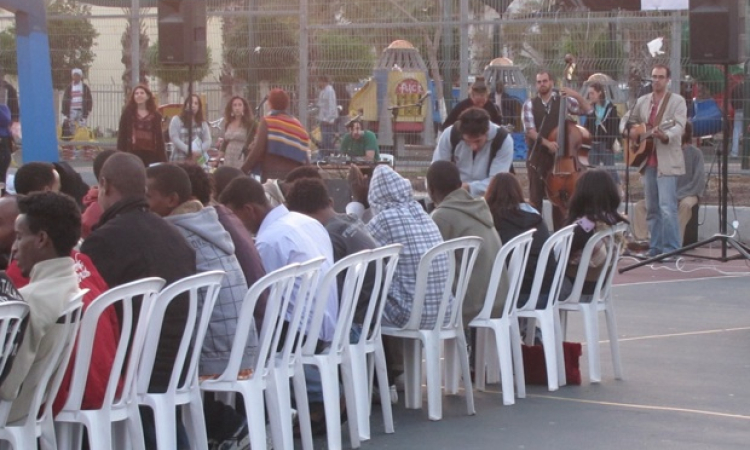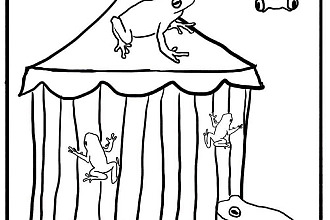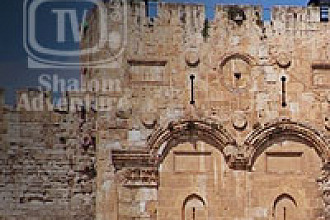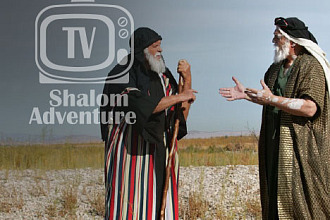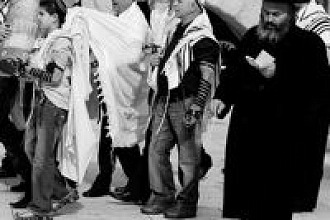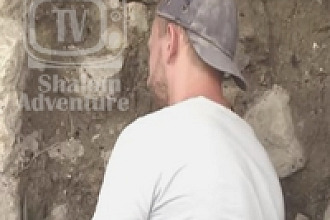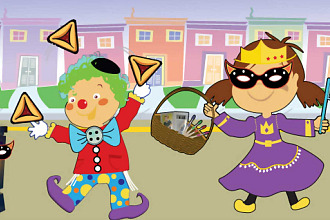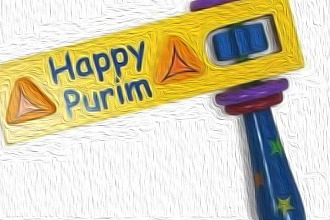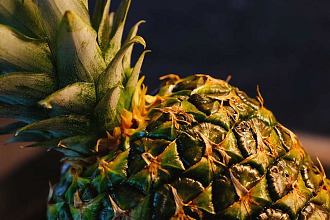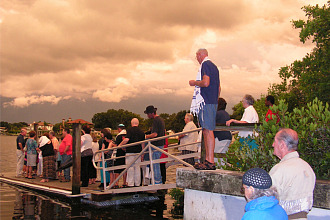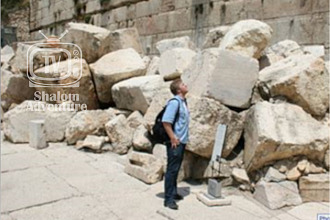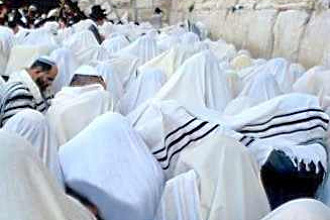It was in Levinsky Park in South Tel Aviv eating matzah and charoset (traditional Passover food) with a group of non-Jewish men from Eritrea that I finally understood the meaning of Pesach (Passover).
But it had nothing to do with the unleavened bread we were eating, the glasses of wine or even the English-Hebrew Haggadahs on the table.
This was a Pesach seder (ritual feast) with people from the Congo, Sudan, Ethiopia, Eretria and the Philippines organized by human rights organizations such as Adam LeAdam, Amnesty Israel, ARDC, Beit Tefilah and Kav L'Oved. It was unlike anything I have ever experienced. An evening spent with Tel Aviv's refugees, asylum seekers and migrant workers to celebrate their unique exodus.
"Let my people go," we all sang with weighty words that carried different meaning for all of us. I know Violeta Pasco from the Philippines was thinking about her family who she hasn't seen in 7 years. About her two kids, Noa (1 month) and Joshua (6 years old) who are more Israeli then she'll ever be. And how because her work permit has expired she doesn't feel so free in Israel.
While Bereket Tadesse, a refugee from Eritrea who had only arrived in Tel Aviv that morning, was thinking about his incredible escape from Eritrea to Sudan. From Sudan to Egypt. From Egypt to Israel. And now he finds himself in Tel Aviv without family or a place to stay. That was his exodus.
These are modern day Pesach stories. Stories of people who have escaped terrible odds and have risked everything for a better future. But what awaits many of these refugees isn't always the life they expected. "We need freedom inside Israel. We are not free. We can survive by our hand only. Freedom inside Israel is complicated," said Abrehane Gobro Hidan, a refugee from Eritrea.
I was once on bus which was packed to more than its capacity leaving me with no choice but to stand behind the driver. There was a religious man sitting at the front who kept shouting at the driver. It didn't matter what he did. At one point he was driving too slowly. Once the driver picked up speed this black-hatted cantankerous man decided that he was taking too long to pull off from bus stops. And so a volley of vitriolic screams between the two men ensued. And standing where I was, I was caught in the crossfire. I tried to calm the driver down. Told him to ignore the unpleasant man. And so we started talking.
"You know, I used to be an engineer in Ethiopia," he said to me, "And I come here to be treated like this. Like nothing." Sometimes freedom isn't enough. Sometimes being free leaves you wondering: freedom but at what cost?
"What is this," many of the refugees I spoke to asked me about the seder. Very few knew what Pesach was. They were preoccupied with what they had endured and how hard life in Israel is. "Yes, I got freedom in Israel," said Tadesse, "but without help it is hard here."
Links are often made between the exodus of Ethiopian Jews during Operation Moses, Joshua and Solomon and the Pesach story. During these operations, approximately 23, 000 Ethiopian Jews were rescued from Ethiopia. The Israeli government has done a lot to help these Jews integrate into Israeli society. But still, there is a lot of work to be done. "It is not easy for Ethiopian Jews to come from Africa and adapt to Israeli culture. We are working on improving and progressing. We help each other. Of course the government helps and gives and does all that is possible. Our hope is in the new generation," said Rabbi Yosef Hadane, Chief Rabbi of Ethiopian Jews.
It is not easy for anyone to flee their home and adapt. It takes time and resources. And I am beginning to question if Israel can sustain all those who turn to her for refuge. There are approximately 35,000 asylum seekers and refugees in Israel. Many of them are denied the right to work and do not have access to basic health care. One has to wonder how meaningful such freedom really is.
Pesach is not just about freedom. Freedom is not enough. And matzah and charoset have a tendency to either leave you feeling constipated or wanting more. I left the seder feeling defeated as though I was suffering from poor-them syndrome. Like a white, Jewish missionary who was kind enough to help whet these refugees' appetites with the the sweet taste that is freedom. Because as Pasco said: "Freedom, there is nothing like freedom." Yes, freedom is sweet. But at the end of that seder I went back to my normal Tel Aviv life with all the comforts that affords me. Who knows what will become of Pasco, Noa, Joshua, Tadesse, Hidan and the many other refugees that were there that night.
So what is Pesach? It's about meaningful freedom. About the exodus of a people who escaped slavery for a better life. Many of the refugees I spoke with have a long way to go before they will be truly free.
originally from here

